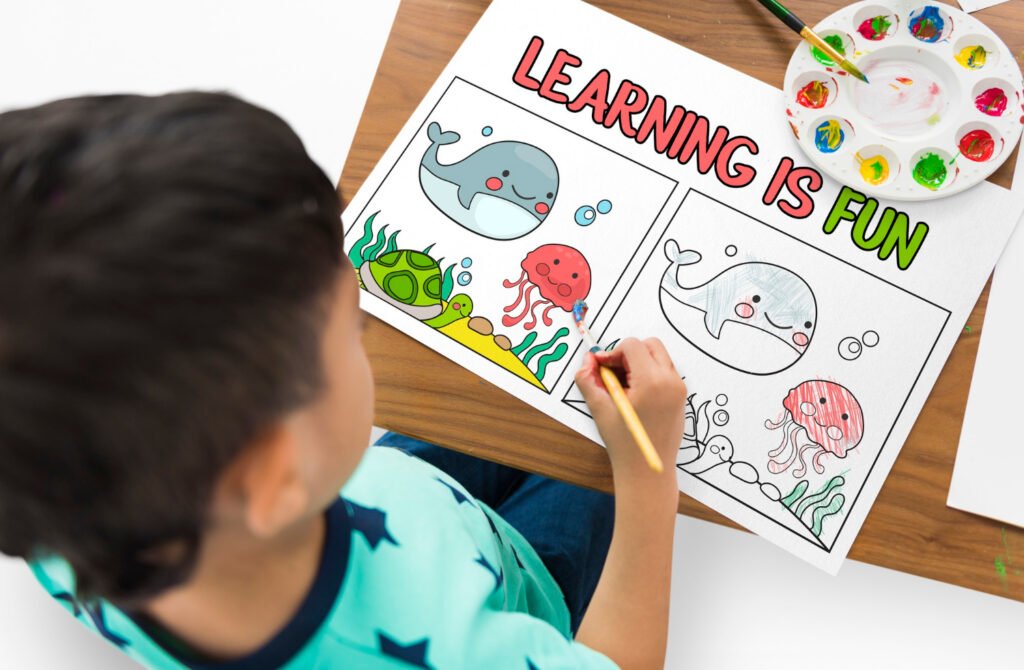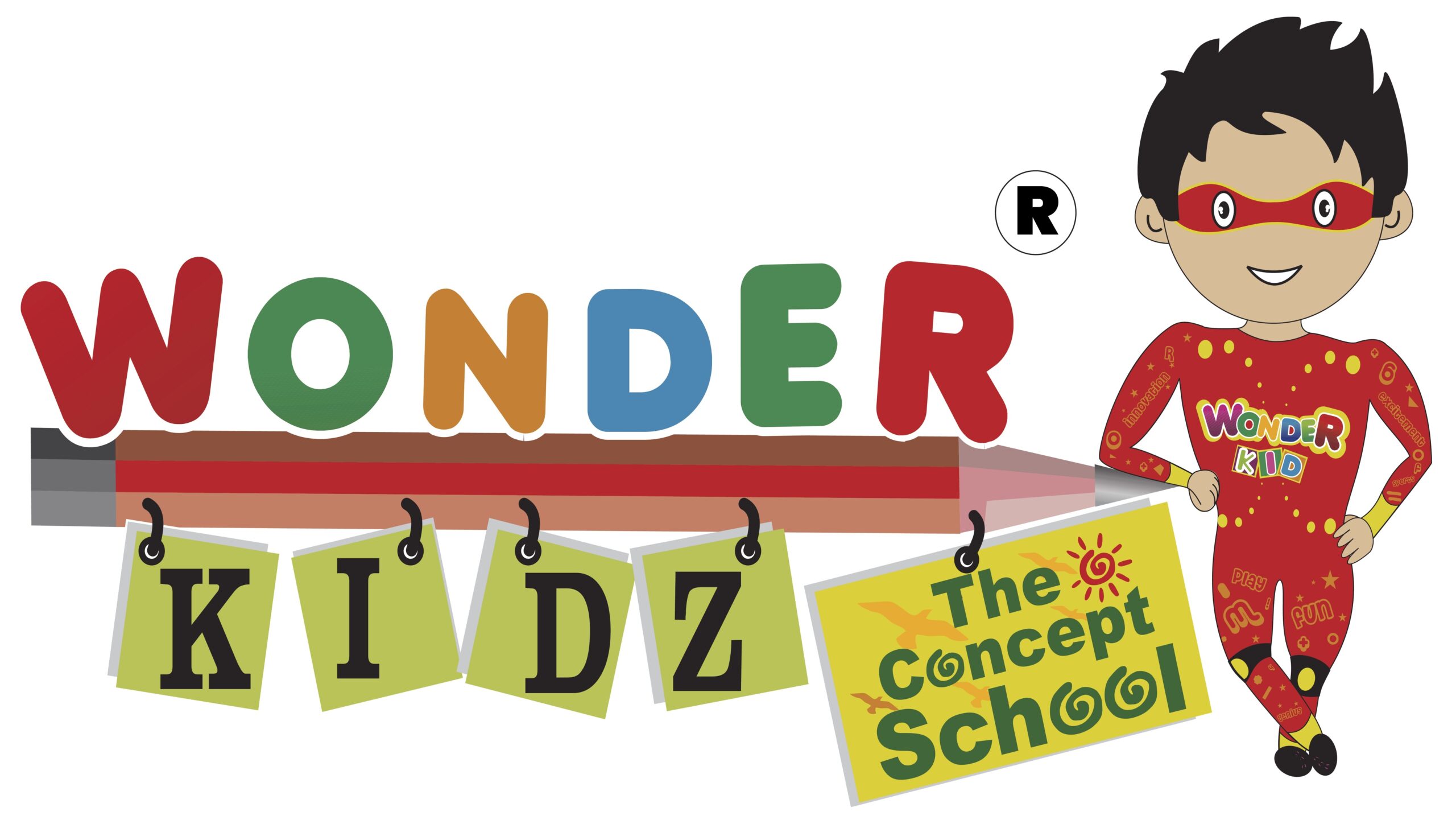Raising a child is one of the most rewarding and challenging experiences, and as parents, we all want to give our children the best foundation for a happy and successful life. But where do we start? Parenting plays a crucial role in shaping every aspect of a child’s development—from physical growth to emotional intelligence and social skills. Whether you’re a new parent or an experienced one, this guide will provide you with practical parenting tips to support your child’s development every step of the way.

Why Parenting Plays a Vital Role in Child Development
Parenting is much more than meeting basic needs. It’s about nurturing, guiding, and supporting your child’s journey toward becoming a well-rounded individual. The way you interact with and respond to your child influences their personality, emotional regulation, and ability to handle the world around them. Whether it’s through play, conversation, or teaching, every moment counts in a child’s development.
How Parenting Shapes a Child’s Physical, Emotional, and Cognitive Growth
A child’s development can be divided into several areas, including physical, emotional, cognitive, and social development. Each of these areas is interconnected, meaning that a delay in one area can impact others. By understanding how parenting influences these aspects of growth, parents can better support their child’s overall well-being.
Physical Development
Encouraging Active Play for Motor Skills
Physical play is essential for developing motor skills such as balance, coordination, and strength. Encourage your child to engage in active play, such as running, climbing, or playing sports. These activities not only improve physical health but also help develop self-confidence and teamwork.
Providing Proper Nutrition for Healthy Growth
Nutrition is the cornerstone of healthy physical development. Make sure your child gets a balanced diet rich in fruits, vegetables, whole grains, and proteins. Proper nutrition supports bone growth, brain development, and overall physical health.
Cognitive Development
Stimulating Cognitive Growth Through Educational Games
Children learn best through play, so introduce them to educational games and puzzles that challenge their problem-solving skills. Building blocks, memory games, and interactive apps can help enhance cognitive growth and critical thinking.
The Role of Reading and Storytelling
Reading aloud to your child is one of the best ways to support cognitive development. Storytelling not only improves language skills but also boosts imagination and creativity. Make reading a daily habit to foster a love for books and learning.
Limiting Screen Time to Promote Learning
While technology can offer educational benefits, excessive screen time can hinder a child’s cognitive development. Limit screen time and encourage activities like reading, drawing, or outdoor play to keep their minds engaged.
Emotional Development
Helping Children Understand and Express Emotions
Emotional development is about teaching children how to recognize and express their feelings in a healthy way. Encourage your child to talk about their emotions and guide them in finding words to describe how they feel. Validating their emotions helps them feel understood and supported.
Building Emotional Intelligence in Early Childhood
Emotional intelligence (EQ) is as important as intellectual intelligence (IQ) when it comes to life success. Help your child develop EQ by teaching them empathy, self-awareness, and emotional regulation. Simple activities like role-playing or talking about emotions can help them understand how to navigate social interactions.
Creating a Safe Emotional Environment at Home
Children thrive in environments where they feel safe and loved. Create a home environment where your child feels comfortable expressing their emotions without fear of judgment. Positive reinforcement and open communication are key to building emotional security.
Social Development
Encouraging Social Interaction with Peers
Children learn important social skills such as communication, cooperation, and empathy through interacting with others. Arrange playdates, enroll them in group activities, or participate in community events to give your child opportunities to engage with peers.
Teaching the Importance of Empathy and Sharing
Empathy is an essential part of social development. Teach your child the importance of sharing and considering the feelings of others. You can model empathy by being patient and compassionate in your own interactions.
Guiding Children Through Conflict Resolution
Conflict is a natural part of social interaction, but how children handle it can impact their relationships. Teach your child conflict-resolution strategies, such as listening, negotiating, and compromising, to help them navigate disagreements in a positive way.
Language Development
Engaging in Daily Conversations
Language development is strongly influenced by interaction. Talk to your child often and engage them in meaningful conversations. This helps improve their vocabulary, sentence structure, and overall communication skills.
Expanding Vocabulary Through Interactive Play
Incorporate language development into playtime by using educational toys that promote vocabulary expansion. Games like word matching, storytelling, or even singing songs can help build a rich vocabulary and improve language skills.
Parenting Styles and Their Impact
Authoritative vs. Permissive Parenting
Different parenting styles can lead to different outcomes in child development. Authoritative parenting, which balances discipline with nurturing, tends to lead to better emotional and social outcomes than permissive parenting, which often lacks structure. Finding the right balance is key to promoting positive growth.
Finding the Right Balance for Positive Growth
No two children are the same, and parenting isn’t a one-size-fits-all approach. It’s essential to be adaptable and open to change. Tailor your parenting strategies to suit your child’s unique personality and needs while maintaining structure and guidance.
Conclusion
Parenting is an ever-evolving journey, but with the right tips and strategies, you can guide your child toward healthy and well-rounded development. By focusing on physical, cognitive, emotional, and social growth, you are setting the stage for your child to thrive. Remember, every child is unique, and the most important thing you can do is be present, supportive, and adaptable as they grow.
FAQs
How Can I Support My Child’s Emotional Development?
You can support emotional development by encouraging open communication, validating their feelings, and teaching them emotional regulation.
What are the Best Activities for Cognitive Development?
Reading, educational games, puzzles, and creative activities like drawing or building with blocks are excellent for cognitive growth.
How Does Playtime Affect My Child’s Development?
Playtime helps improve motor skills, cognitive abilities, and social interactions. It also boosts creativity and emotional regulation.
What Role Does Nutrition Play in Development?
Proper nutrition is vital for brain development, physical growth, and overall health. A balanced diet supports energy levels and concentration.
How Can I Encourage My Child to Socialize?
Arrange playdates, enroll them in group activities, and teach them the importance of empathy and cooperation to encourage positive social interaction.
Investing in a WONDER KIDZ Preschool Franchise can be a rewarding decision, both financially and personally. However, it requires careful consideration and planning. If you’re passionate about early childhood education and ready to take on the challenge, it could be the perfect opportunity for you in 2024.If you are interested in becoming a WONDER KIDZ franchisee or would like more information, please (Click Here) or call or WhatsApp at +91 94256 03871.
